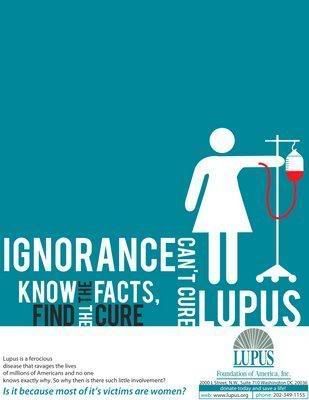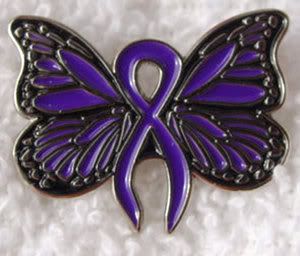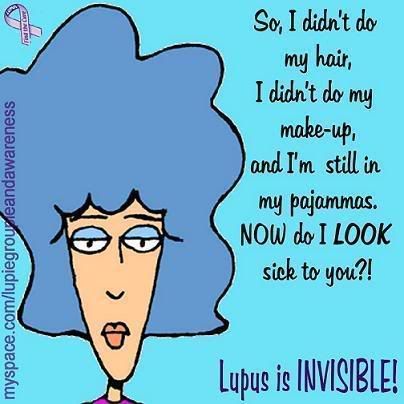For my fellow lupies....there is hope on the horizon....
I am part of the continuation program of clinical trial for this drug. I inject myself with 1 mg once every two weeks. It does appear to help for most of the issues, however, I still flare up. Anyhoo, wanted to pass this on. If approved, it will be the first new med for lupus in over 50 years!
Belimumab Effectively Treats Lupus Flares Over a Four-Year Period
Four-year experience of belimumab, a BLyS-specific inhibitor, in systemic lupus erythematosus patients. (2009).
American College of Rheumatology Abstracts 2069.
What is the topic?
Belimumab (also known as Benlysta™) is currently being studied in Phase III clinical trials to determine whether or not it is effective for lupus. Belimumab specifically reduces the actions of a protein called “B lymphocyte stimulator,” or BLyS. BLyS is a protein that increases the lifespan and inflammatory potential of certain immune cells called B cells, which are known to be hyperactive in lupus patients. Belimumab, which interferes with BLyS, is a human antibody. This means that it looks a lot like the antibodies that the immune system makes to fight off viruses. But in this case, belimumab targets only the protein BLyS. Because it only has one target, it is called a “monoclonal” antibody.
What did the researchers hope to learn?
This study is not reporting the results from either of the Phase III trials which are winding up now. Instead, it reports the results of a long-term follow-up study of patients who had completed the Phase II trial of belimumab, who continued to be treated for up to four years. Those who had originally been assigned to get belimumab in the Phase II study continued to get it, and those who had been getting placebo (inactive treatment) in the Phase II study were switched to belimumab, so that in this follow-up study all participants got the real treatment. The researchers wanted to find out if people on belimumab continued to do well over a long period, and whether the treatment was safe and well-tolerated over the long term.
Who was studied?
449 patients with active lupus were studied.
How was the study conducted?
Patients who had completed a Phase II, year-long, clinical trial during which they did not know if they were receiving belimumab or placebo were allowed to all receive the active treatment for a long-term study, and this report tracks the results of this longer study for up to four years.
What did the researchers find?
The researchers found no evidence of increased side effects in patients who took belimumab for up to four years, when compared to the side effects that had occurred to the original placebo group during the first year of the trial. Over the four years, patients also seemed to get fewer and fewer flares of lupus.
What were the limitations of the study?
Some of the patients who may not have been doing so well may have dropped out over the four-year study, and it would be likely that those who were benefiting the most would be staying in the study. Nevertheless, it seems evident that those who did stay in (a large subset of the original study participants) were receiving some benefit from the treatment.
What do the results mean for you?
In early 2010, the Food and Drug Administration is expected to begin considering whether it will be possible to approve belimumab for the treatment of lupus. If approved, belimumab will be the first treatment approved for lupus in over 50 years.
The results of this current study suggest that belimumab may be safe for long-term use in lupus patients, and this could provide important supportive evidence for the FDA in making their decision.
Thursday, March 18, 2010
Subscribe to:
Post Comments (Atom)

























No comments:
Post a Comment